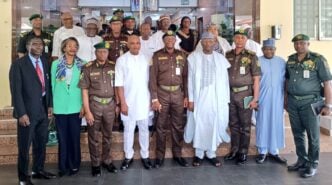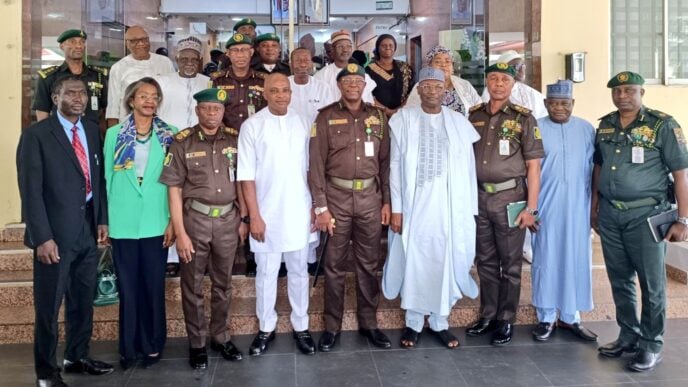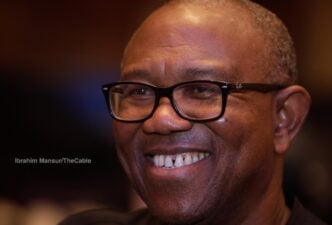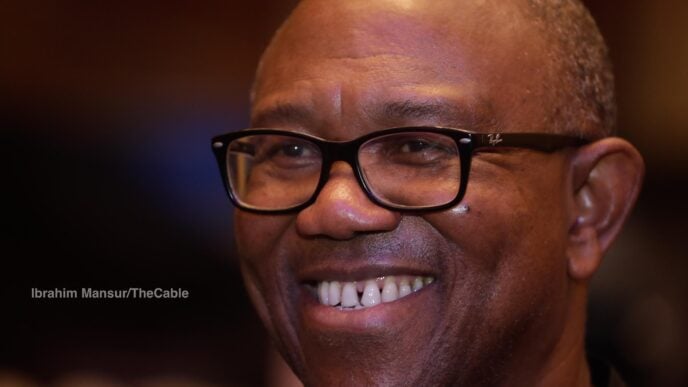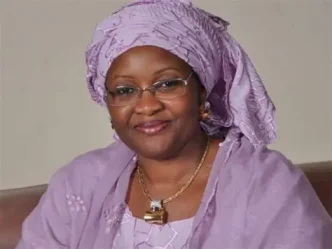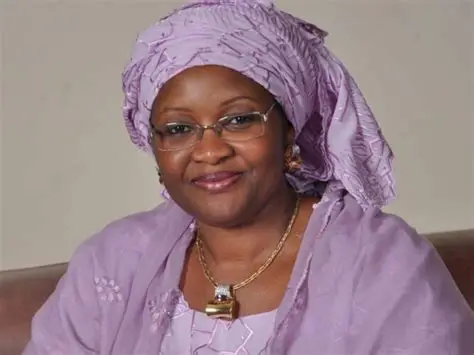Mojisola Adeyeye, NAFDAC DG
The World Health Organisation (WHO) has confirmed that Nigeria maintained maturity level 3 (ML3) for the regulation of medicines and vaccines as of June 30, 2025.
The ML3 status means that a country’s regulatory system for medicines and vaccines is considered “stable, well-functioning, and integrated” in accordance with the WHO global benchmarking tool (GBT).
The WHO informed the agency of the development in a letter to Mojisola Adeyeye, NAFDAC director-general, signed by Yukiko Nakatani, WHO assistant director-general, health systems, access and data.
According to the letter, the finalisation of the re-benchmarking was conducted in the area of regulation of medicines and vaccines (non-producing) from May 28 to 30, 2025.
Advertisement
It was done in close collaboration with the WHO regional office for Africa (WHO/AFRO) and the WHO country office (WCO) in Nigeria.
The global health body said the re-benchmarking of regulatory systems is part of the WHO programme for regulatory system strengthening.
“WHO previously conducted the formal re-benchmarking of NAFDAC from 25 to 29 November 2024 in Abuja and Lagos, Nigeria,” the letter reads.
Advertisement
“From February to April 2025, five Institutional Development Plan (IDP) follow-up meetings were conducted to review progress on the implementation of corrective actions and to plan for the completion of the re-benchmarking process.
“In view of this, I am pleased to announce that as of 30 June 2025, Nigeria’s regulatory system has achieved and maintained Maturity Level 3 (ML 3) for the regulation of medicines and vaccines (non-producing), following the successful implementation of all critical recommendations.”
The WHO said the accomplishment reaffirms the collaboration between WHO and the government of Nigeria towards realising the targets of universal health coverage and the sustainable development goals.
“It is expected that NAFDAC and the Government of Nigeria will sustain this achievement. Periodic confirmation of the functionality and maturity level of the Nigerian regulatory system is required,” the letter reads.
Advertisement
“Using a risk-based approach, follow-up visits will be conducted within one year, and a re-benchmarking exercise will be scheduled in four years to evaluate the sustainability of Nigeria’s regulatory system, monitor any changes, and assess their potential impact.”






